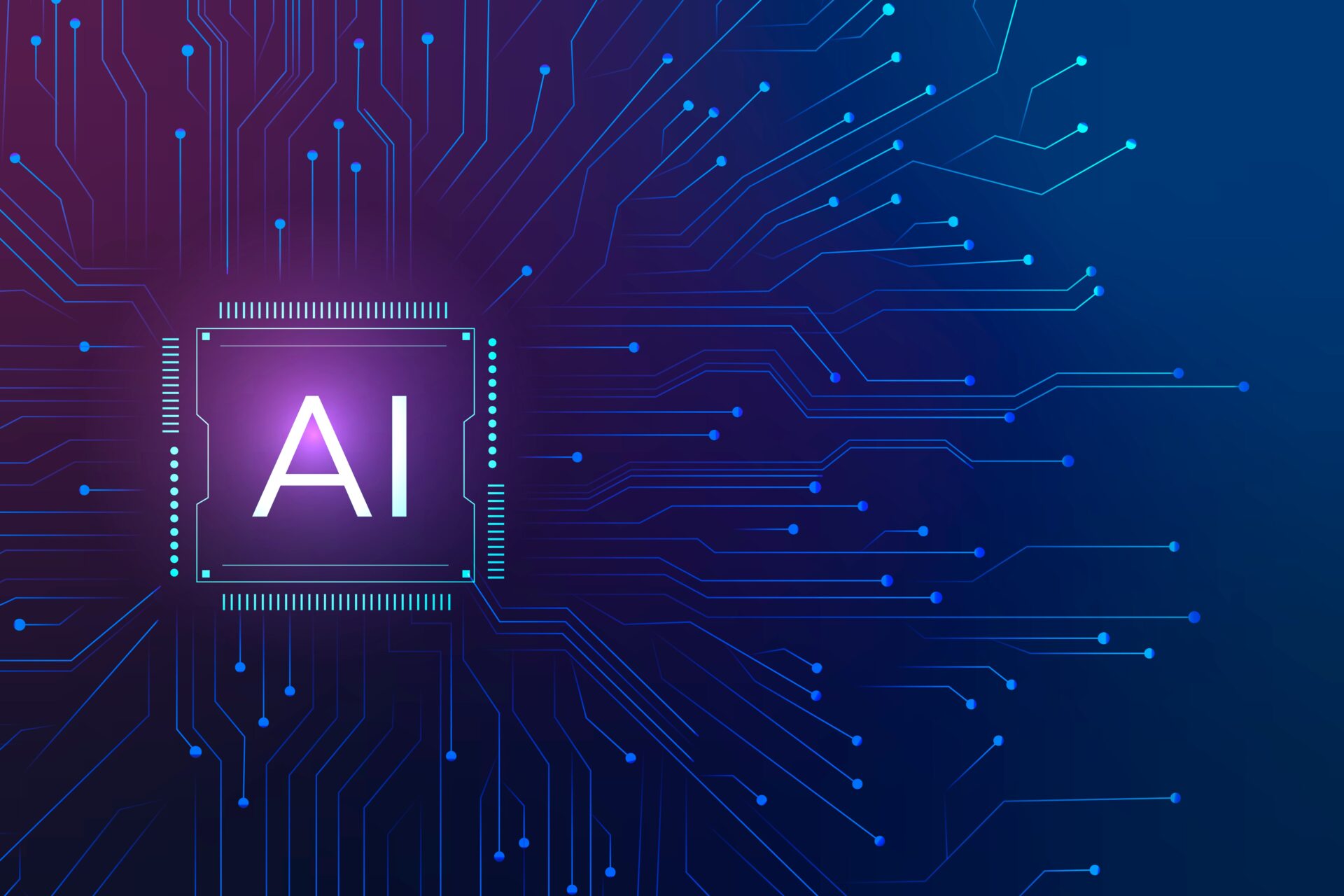
Artificial Intelligence (AI) has significantly advanced in recent years, and AI writing assistants have become increasingly popular in content creation. While these tools offer impressive capabilities, they are not set to replace human copywriters anytime soon. Here are ten reasons why AI writing assistants won't replace human copywriters.
1. Creative Thinking
AI writing assistants may generate content based on patterns and data but cannot think creatively. Human copywriters can brainstorm unique ideas and concepts and develop innovative strategies not limited by algorithms or data.
2. Emotional Intelligence
Emotional intelligence is a crucial aspect of effective copywriting. Human copywriters can empathize with their audience, understand their emotions, and create content that resonates with them. AI writing assistants cannot replicate this emotional connection.
3. Cultural Nuances
Language is deeply rooted in culture, and understanding cultural nuances is essential for effective copywriting. Human copywriters can recognize and adapt to these nuances, while AI writing assistants may struggle to grasp the subtleties of different cultures.
4. Sarcasm and Humor
Sarcasm and humor can be powerful tools in copywriting when used effectively. Human copywriters can employ these techniques to engage their audience, while AI writing assistants may not understand or generate sarcasm and humor accurately.
5. Adaptability
Human copywriters can adapt their writing style and tone to suit different clients, industries, and target audiences. AI writing assistants, on the other hand, may have limited adaptability based on their programming and algorithms.
6. Ethical Considerations
Human copywriters can make ethical decisions and consider the implications of their content. AI writing assistants may not have the same level of moral understanding, which could lead to the creation of inappropriate or harmful content.
7. Collaboration
Copywriting often involves collaboration with other professionals, such as designers, marketers, and project managers. Human copywriters can communicate effectively and work together with their team, while AI writing assistants may not be able to collaborate as efficiently.
8. Continuous Learning
Human copywriters can continuously learn and improve their skills through experience, training, and feedback. AI writing assistants may improve through updates and new algorithms, but they do not possess the same ability to learn and grow as human copywriters.
9. Storytelling
Storytelling is a powerful tool in copywriting, and human copywriters excel at weaving engaging stories that captivate their audience. AI writing assistants may struggle to create compelling narratives that resonate with readers.
10. The Human Touch
Ultimately, human copywriters bring a personal touch to their work that AI writing assistants cannot replicate. The passion, creativity, and empathy that human copywriters possess are irreplaceable and essential for creating truly impactful content.
In conclusion, while AI writing assistants offer valuable support and can enhance the content creation process, they are not designed to replace human copywriters. The unique skills and qualities that human copywriters bring to the table ensure their continued relevance and importance in the world of content creation.
At My Rich Brand, our copywriters are embracing AI writing assistants to deliver the ultimate brand storytelling experience.





